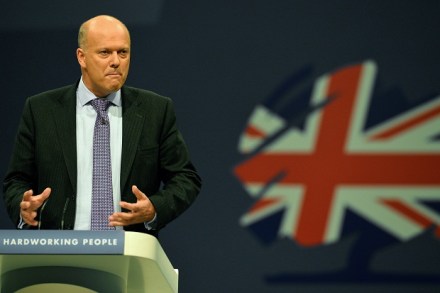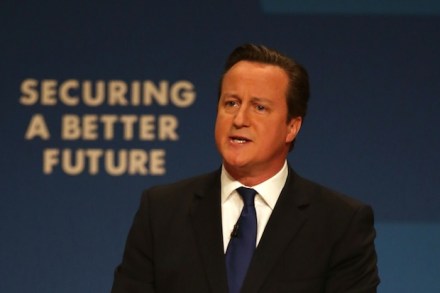Podcast special: Nick Clegg’s speech
Nick Clegg delivered an aggressive speech this morning. But will it be enough to keep the Liberal Democrats in government? James Forsyth and Isabel Hardman discuss it in this View from 22 podcast special. James’s write-up is here, and Isabel’s is here. listen to ‘Podcast: Nick Clegg’s speech’ on audioBoom




















